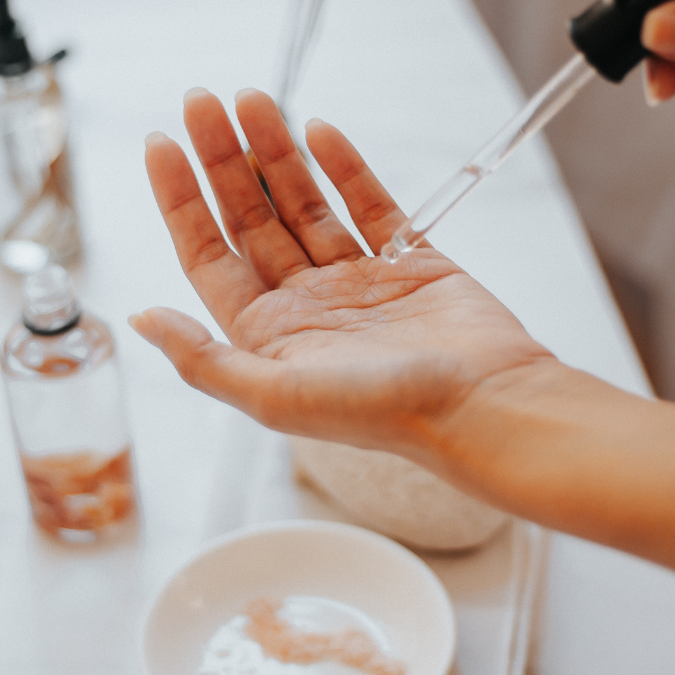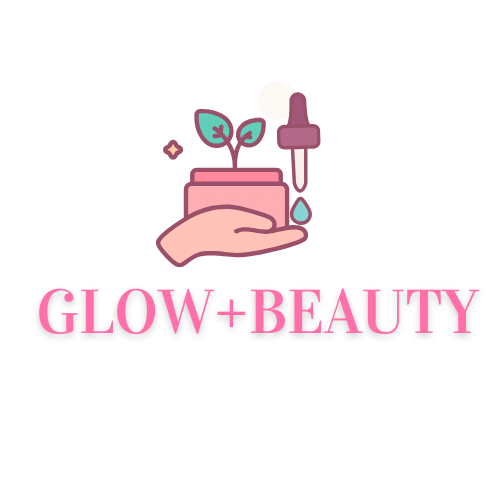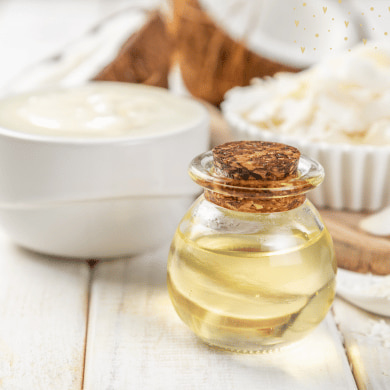Everything To Know About Face Serum And If You Should Use It
Is serum really necessary?

When it comes to talking about the serum, it plays a huge role in a skincare routine.
No skincare is complete without the step of applying serum when especially treating specific skin concerns.
Adding a serum to the skincare regimen is like a treatment process for healing something fast.
But applying the wrong products can harm your skin and permanently cause damage. because serums usually contain strong ingredients that eradicate your skin problem rapidly.
That’s why I think it is important to know about the serum and to understand how it works in a routine.
I have to make a confession that I used to not believe in the concept of using serum in skin care and often questioning myself is serum really necessary for me?
I thought it was just another form of moisturizer that adds another layer of expensive moisturizer and sucks my money dry.
But I was wrong, back then I used an exfoliating serum on my acne-prone skin.
And guess what?
I see the result and get upset about not adding the stuff to my skincare routine earlier.
Today I am going to talk about this topic how you can be benefitted using the right serum for your skin
I am going to break down different types of serums and how each and every serum works for different types of skin and skin concerns.
So, let’s dive in.
Related: Best Skincare Routine For Oily Skin |5 Key Steps For Healthy Skin With Science
Related: The best Skincare Routine For Acne-Prone Skin (Morning & Night)
What is serum?
Face serums are skin care products, that contain a high concentration of active ingredients such as(glycolic acid, lactic acid, vitamin c, hyaluronic acid, and salicylic acid) to treat specific skin conditions like acne, aging, dullness, dehydration brightness, etc.
They are known for their effectiveness on the skin. They are also considered a leave-on treatment in the skincare routine and are designed to provide a variety of benefits depending on what type of serum you use.
Serums come in different formulas, including -gels, and oils and some serums even have a water-based and liquid consistency.
What does the serum do?
In general, serums contain different active ingredients and have a lightweight formula that penetrates deeply and quickly into the skin and acts as a targeted treatment for various skin concerns.
How does serum differ from a toner?
Face Serums are lightweight, and fast absorbing, with the deepest penetrating formula that is made to treat skin-specific targeted concerns that are applied after toner and before moisturizer.
Toner is applied after the cleansing step to further cleanse the skin and balance the pH of the skin.
They do not target any specific skin problems to treat them.
Is serum really necessary?
Different kinds of serum:
There are different kinds of serums that contain different active ingredients to treat different skin concerns.
You can’t use them without knowing their properties and how they heck do to your face.
You should know which ingredients are used in specific problems.
Here I am breaking down Some popular active ingredients in skincare serums
Vitamin C: it is also known as L ascorbic acid. Vitamin c brightens the skin by boosting collagen production.
Vitamin B(Niacinamide): Niacinamide primarily does the reduction of pore size by regulating oil production. It also helps to reduce inflammation, acne, eczema, and redness of the skin.
Hyaluronic acid: it is a moisture agent that can lock in moisture and prevent the skin from drying out.
Antioxidants: can fight free radicals which damage healthy skin and lower regenerative abilities.
Glycolic acid/lactic acid: helps to shed dead skin cells and brighten the skin
Salicylic acid: exfoliating agent which can unclog pores.
Retinol: Also known as Vitamin A. a popular compound for anti-aging that can promote healthy skin cell production and make the skin appear firmer and more elastic.
What kind of serum to use for different skin types and skin concerns?
To prevent breakout and reduce oiliness and large pores: use a serum with Salicylic acid, niacinamide, zinc, and retinol.
To reduce wrinkles and fine lines: try serum packed with Vitamin C, E, and A(retinol), antioxidants, peptides, and ceramides.
To address dullness: try exfoliating serum containing glycolic acid and lactic acid
To Address dryness: opt for a hydrating serum with hyaluronic acid and niacinamide.
If you have Sensitive skin: try a gentle and hydrating skin barrier serum that has soothing natural ingredients like green tea, acacia, oats, and tamanu oil.
Are serums necessary in a skincare routine?
If you ask me-Do I really need a serum?
I will definitely reply yes.
The serum is made of potent ingredients with higher concentrations that fast absorb into the deepest level of the skin.
Hence it works better and faster than any other skincare product out there.
Is serum really necessary?
How to apply serum and how often:
Now that, you know serum is not optional. How do you use them?
It is not that much difficult. Just take a pea-sized amount of serum in the palm of your hand and apply it on your skin after your cleanser or toner but before your moisturizer.
If your skin is oily chances are your serum is enough to hydrate your skin alone. I don’t use moisturizer in the morning skincare routine.
But if your face feels tight and dry after cleansing and applying serum, Don’t skip it. It’s a must.
Depending on the ingredients of the serum it can be used once a day, twice a day, or a few times a week.
Cautious:
Don’t use exfoliating AHA/BHA serum and retinol serum in the same skincare routine. it can irritate your skin.
Instead, use them on alternating days.
Don’t mix vitamin C and exfoliation serum in the same skincare routine.
Use vitamin C in the AM and exfoliating in the PM.
Read these posts:



